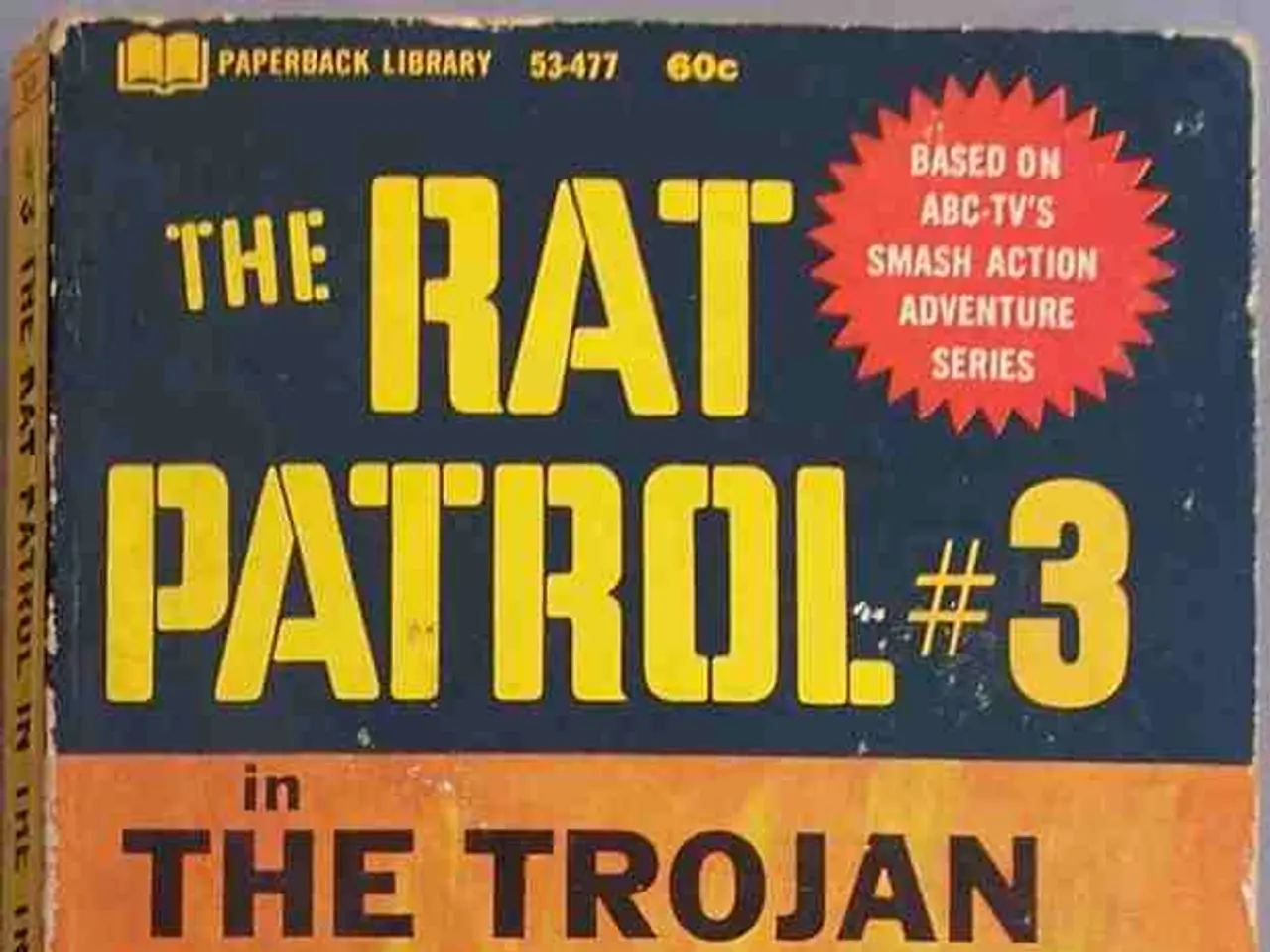Trump issues warnings to Putin about potential harsh repercussions
The past week has seen a flurry of diplomatic activity as the United States, Europe, and Ukraine engage in discussions over potential talks with Russia. Here's a breakdown of the key points that have emerged from these consultations.
German Chancellor Friedrich Merz has stressed the importance of negotiations being part of a common transatlantic strategy. He has emphasized that Ukraine must be at the table for any follow-up meetings, and negotiations should proceed in the correct sequence, with a ceasefire as the first step. Merz has also highlighted the need for robust security guarantees for Kyiv and the defense capability of the Ukrainian armed forces.
Ukrainian President Volodymyr Zelensky has made it clear that any questions concerning the territorial integrity of Ukraine cannot be discussed without considering the will of the state, the will of the people, and the constitution of Ukraine.
The European-Ukrainian group, which includes Germany, aims to react promptly, united, clear, and decisive to the outcome of the Alaska summit. This group, which also includes the EU Commission President Ursula von der Leyen, the EU Council President António Costa, NATO Secretary General Jens Stoltenberg, French President Emmanuel Macron, British Prime Minister Keir Starmer, Italian Prime Minister Giorgia Meloni, Finnish President Alexander Stubb, Poland (represented by Karol Nawrocki and Donald Tusk), and others, has expressed hope for movement and peace in Ukraine ahead of the Trump-Putin meeting.
The recent consultations have revealed a shared desire by the US, Europe, and Ukraine for direct negotiations with Russia linked to security guarantees for Ukraine. However, key issues remain unresolved, notably the status of contested territories and the nature of guarantees. Europe's active involvement and a rebuilt security framework for the continent post-conflict are emphasized as essential components.
The summit in Anchorage, Alaska, hosted by former US President Donald Trump, was the first meeting between a Western leader and Vladimir Putin since Russia's full-scale invasion. Putin proposed a deal to freeze fighting if Ukraine ceded certain territories in Donetsk and Luhansk. Trump appeared to move away from demanding an immediate ceasefire, signaling openness to negotiations that might include security guarantees for Ukraine from several countries, akin to Article 5 commitments, although details remain unclear and Kremlin’s stance on veto rights adds complications.
While the US plans to play a minimal direct role in any security guarantees to Ukraine, European countries (notably France and the UK) consider themselves key players in these guarantees and seek a broader security framework for Europe. Russian President Putin has expressed cautious optimism about improving relations with the US under Trump’s leadership, though progress depends on other Western nations.
In a show of support for Ukraine, Chancellor Merz invited Zelensky to join the video conferences directly in Berlin. French President Macron has called for a trilateral meeting between Trump, Putin, and Zelensky in Europe. The EU Commission President has stated that Europe, the USA, and NATO have strengthened their common basis.
If there is no progress in Alaska, Merz has said the USA and the Europeans must increase pressure on Russia. Trump has again raised the prospect of a meeting between Zelensky and Putin after the teleconference with the Europeans.
Merz named key elements for negotiations: Ukraine is ready for negotiations on territorial questions, but the so-called contact line must be the starting point, and there can be no legal recognition of Russian occupations.
[1] European leaders emphasize Europe's role in security guarantees for Ukraine. (Source: Reuters) [2] Trump proposes deal to freeze fighting in Ukraine, cedes territories. (Source: The New York Times) [3] Russia conditions Putin's participation on Ukraine accepting certain concessions. (Source: BBC News) [4] Europe seeks a broader security framework for the continent. (Source: Deutsche Welle) [5] Details of security guarantees for Ukraine remain unclear. (Source: The Guardian)
- The European leaders, like Germany's Chancellor Friedrich Merz, have underlined Europe's role in providing security guarantees for Ukraine, as part of a common transatlantic strategy.
- During the Alaska summit, former US President Donald Trump proposed a deal to freeze fighting in Ukraine, contingent on Ukraine ceding certain territories in Donetsk and Luhansk.
- Russian President Putin has made his participation in any future talks contingent on Ukraine accepting certain concessions, as reported by BBC News.
- Europe aims to establish a broader security framework for the continent post-conflict, as expressed by the European Union Commission President, among others.
- Despite the US's intentions to play a minimal direct role, European countries, such as France and the UK, consider themselves key players in the security guarantees for Ukraine, but the details of these guarantees remain unclear, according to The Guardian.






